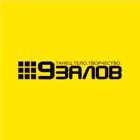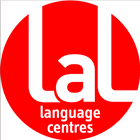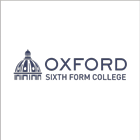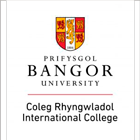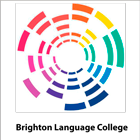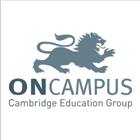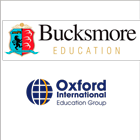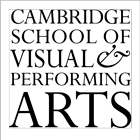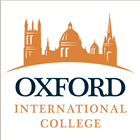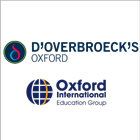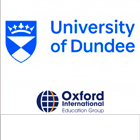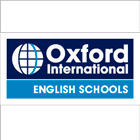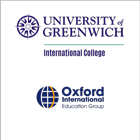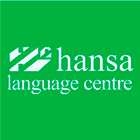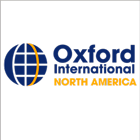Overview of Higher Education in Russia
Higher education in Russia is similar in structure to the central European system, with a few key differences. The system is divided into four main sections – primary, secondary, higher and postgraduate education. 776 higher education institutions across 82 regions in Russia accept international students, and choosing Russia as your study abroad destination will give you a wide variety of choices in finding the right higher education for you!
It takes 11 years to complete a secondary education in Russia before students can enter the higher education system. After successfully finishing their ninth year of schooling, students will receive a certificate of Basic General Education with the option of pursuing two more years of secondary education. After finishing the two additional years, a Certificate of Complete Secondary Education will then be awarded. This certificate serves as proof that the student is eligible to pursue their higher education.
FREE 'Study in RUSSIA' eBook
Want to study abroad in this amazing country? The eBook provides a broad overview of everything you need to know about studying abroad in Russia. GET EBOOKThree kinds of higher education institutions in Russia
- Universities offer a broad range of programs on all levels.
- Academies place a larger emphasis on research and practical skills, normally dedicated to specific subject areas such as art, architecture or science.
- Institutes are independent branches of universities or academies which offer professional educational courses.
The higher education system in Russia is renowned for its achievements and emphasis in the field of science and technology. Many of the courses offered at state-funded institutions are focused around the sciences, but a large variety of humanities and social sciences programs are offered as well!
Degree Structures in the Russian Education System
While education in Russia is largely based on the Bologna principles, education in Russia structures degrees slightly differently than other countries in Europe.
- Upon completion of secondary education, students can pursue either a Bachelor’s or Specialist’s degree, both qualifying students to later pursue a master’s degree. Bachelor’s degrees are given after four years of full-time study at a university. Specialist degrees are awarded after a minimum of five years of study and are more focused on practical education in a student’s chosen field. Both qualifications require students to successfully defend a thesis and pass examinations. This degree is conferred in all fields except medicine, where the first stage of education lasts for six years.
- Master’s degrees are awarded after two years of study with one year dedicated to research which includes practice and preparation for a thesis defense.
- Students who possess a master’s degree are eligible to pursue their PhD studies. Postgraduate education is divided into two parts in Russia, and two degrees are required to confirm students’ status as a scientist. Postgraduate studies can only be pursued at a university or scientific institute. After successful completion of the first part of their postgraduate education, students are awarded a Candidate of Sciences degree.
- The final Doctoral degree is obtained after an additional 2-4 years of study in postgraduate education. This certification then leads to a Doctorate degree. As there is a 10-year gap between both degrees, the final Doctorate qualifications are often awarded to Candidates of Science after they’re well into their careers in academia.
If interested in studying abroad, apply through us to receive expert guidance. The next chapter of your life could only be few clicks away!
SPEAK WITH US TODAYThe Russian Academic Year
The academic year in Russia is split into two semesters. The first runs from September until January, and the second from February to June. This schedule is mandatory for all universities.


